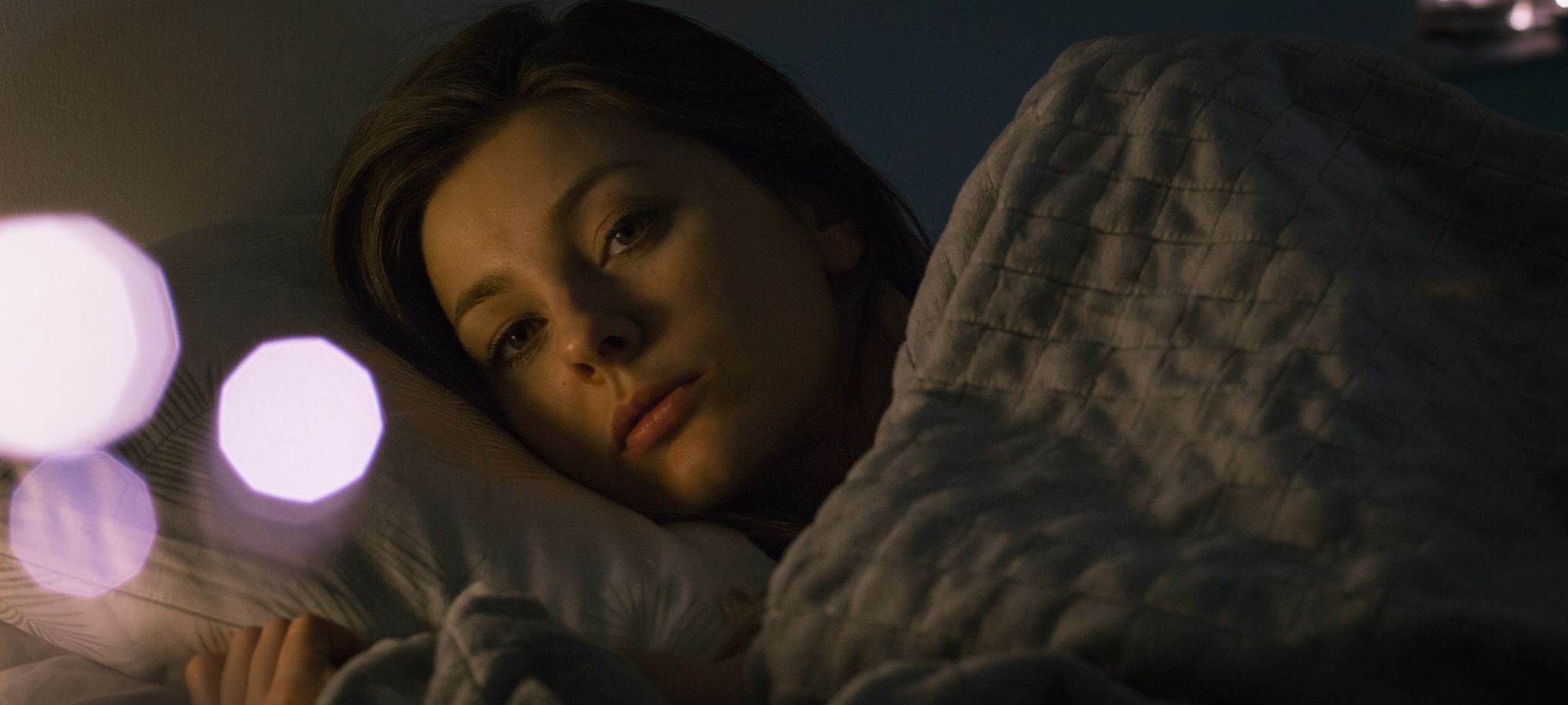
The excessive stress, extreme pace of life and electronic devices preventing our rest were until recently thought to be the main reasons for problems with sleep. However, a recent study sheds some new light on insomnia and its causes. As it turns out, it can result from genetic predisposition and its occurrence among relatives. Staying in the company of people suffering from insomnia is also said to have certain influence.
An international team of scientists has published an article in Nature Genetics about seven genes of insomnia. Professors from all over the world have shed a brand new light on the source of the problem, proving that sleep disorders often have no psychological background and its solution lies in our DNA.
7 insomnia genes
According to professor Van Someren, a member of the research team, insomnia sources still lack accurate and scientifically reliable studies. He believes that patients hear far too often the simple diagnosis “The problem lies in your head”. The 7 insomnia genes, mentioned by the professors, are responsible for the regulation of transcription process and exocytosis, that is the form in which a cell expels molecules any by doing so, communicates with its surroundings. The impairment of this communication process of neurons causes a number of problems with falling asleep, waking up and total insomnia. One of the identified genes, i.e. MEIS1 was also associated with two other sleep disorders: periodic limb movement disorder and restless legs syndrome. The study confirmed that variants of this gene contribute to all three sleep disorders. They can also lead to depression, anxiety and emotional disorders. So far, similar issues have been considered to be the consequences of chronic sleep problems, and not their cause.
Predisposing factors
The conducted research has also lead to the discovery of certain gender correlation in biological sleep mechanisms. Proffesor Someren confirmed that there are noticeable differences in the frequency of sleep disorders between women and men. Among people over 50 – that is when insomnia reaches its highest percentage – as many as 33% of women complained about its symptoms, while among men the result was barely over 20%. Apart from gender, family related causes are also said to be predisposing factors. It was shown that 51% of people suffering from insomnia have had similar cases among their relatives! This is another argument supporting the biological basis of sleep issues. We also need to consider the impact of family, i.e. “environmental” factors. As it turns out, merely a fact of staying among people with insomnia can lead us to the same disorder. Another study has shown that siblings living together are also prone to insomnia. According to the researchers, 37% of sleep disorders are attributable to groups of family members and the co-occurrence of the problem.
Biology versus psyche
Although the latest research may revolutionise the world of medicine and improve making accurate diagnoses, we should not forget previous discoveries. Sleeping problems –to a large extent – are still the result of our lifestyle. The stress related to life events, as well as health and financial problems are undisputed main causes of sleep disorders. Further reasons are also somatic and mental disorders, alcohol and psychoactive substance abuse, as well as shift work and poor sleeping habits. We also have to add sensory disorders both among children and adults. They consist in an impeded ability to correctly detect, understand and organise the information provided to us by our own organism and surroundings via our senses. Problems in this filed are manifested by issues with motor coordination, hyper and hypo-activity, problems with concentration, insomnia and nocturnal awakenings.
Despite the fact that it is difficult to clearly determine whether biological or psychological factors are responsible for insomnia, one thing is certain- it exists and should not be underestimated.
More about the somatic grounds of sleep: https://gravityblankets.co.uk/science




